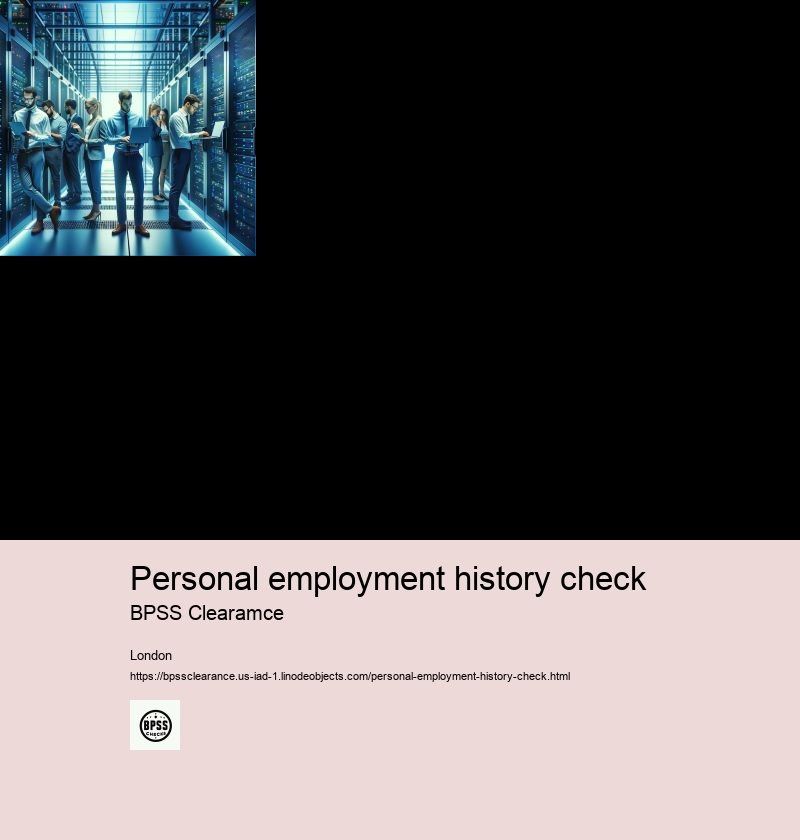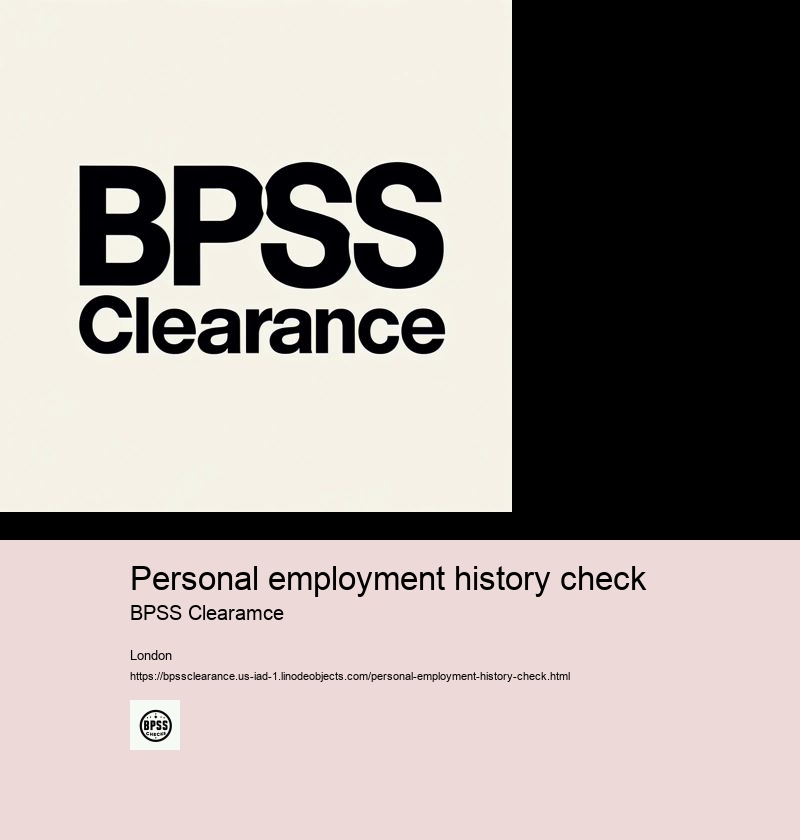personal employment history check
Baseline security standard
Several factors can influence the duration of a BPSS check.
Personal employment history check - Baseline security standard
- Security questionnaire
- Regulatory frameworks
- Ministry of Defence
While the typical duration for a BPSS check ranges from two weeks to a month, it's important for both employers and candidates to be prepared for variations based on the factors discussed. Employers should manage expectations and provide candidates with as much information as possible about what to expect during the BPSS clearance process to ensure a smooth and efficient vetting experience.
The BPSS clearance process also assesses the nationality and immigration status of the applicant, confirming their eligibility to work in the UK. This step is essential not only for legal compliance but also for ensuring the reliability of the workforce in sensitive or security-related roles. It helps prevent the employment of individuals who might have restrictions that could impact their suitability for specific duties.



